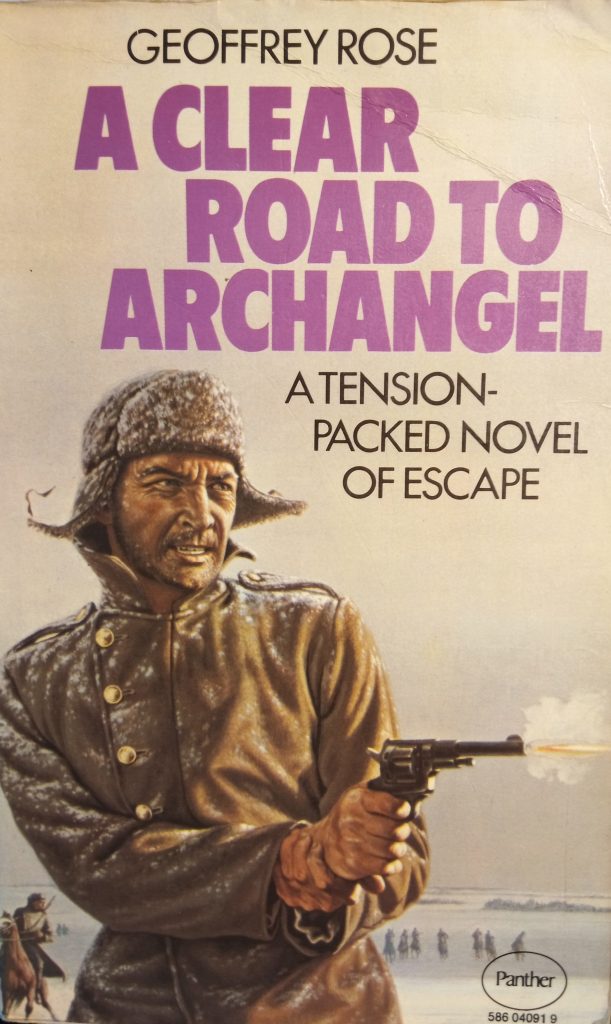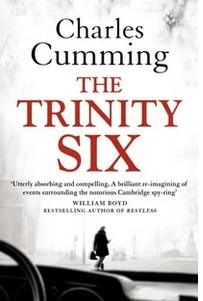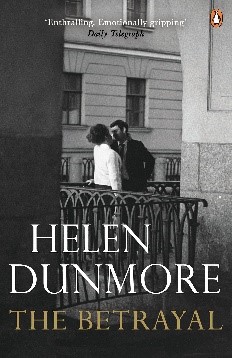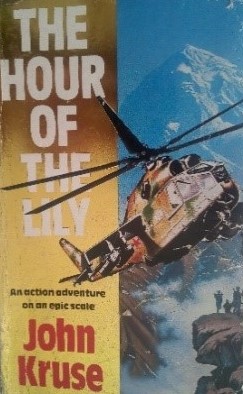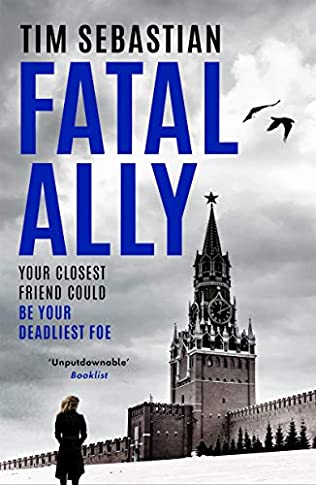
After more than two decades silence, a journalist who was once expelled from the Soviet Union has made contact. With a resurgent Russia back on the scene, his knowledge of how things used to be in Moscow could once again be useful.
But why was he so silent for so long? Can this really be the same man? And what do the things he learnt nearly 40 years ago tell us about Russia today?
You could be forgiven for thinking that these opening sentences sound like the back cover blurb for Fatal Ally. They are not. They are about its author, Tim Sebastian.
Continue reading